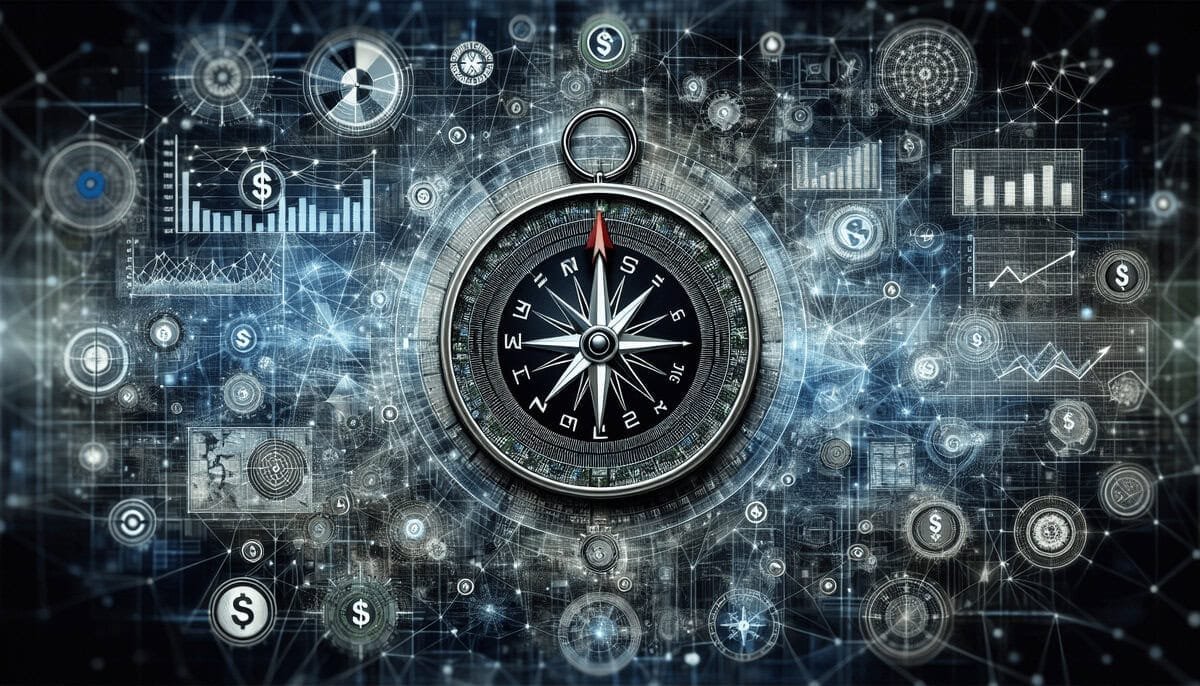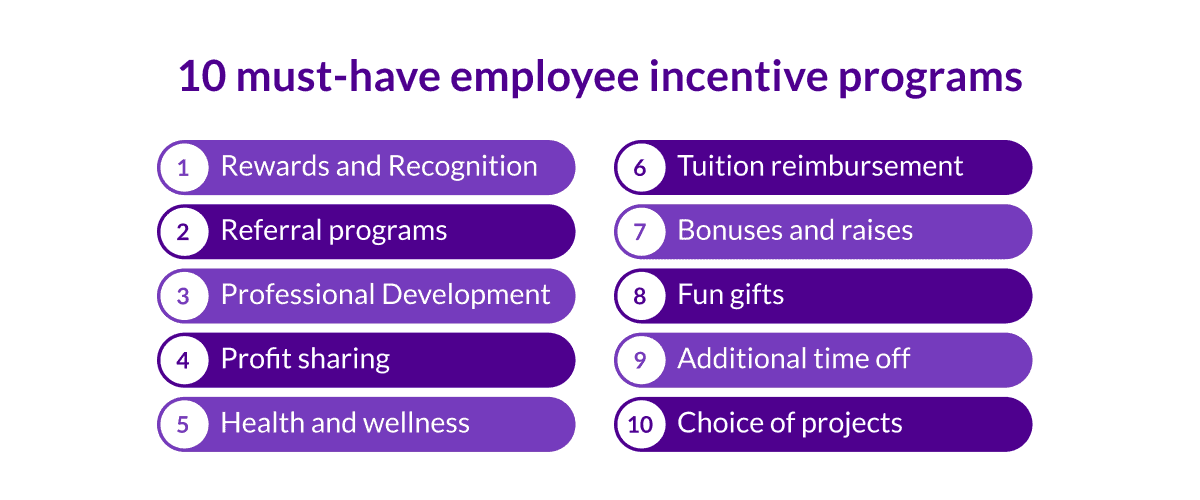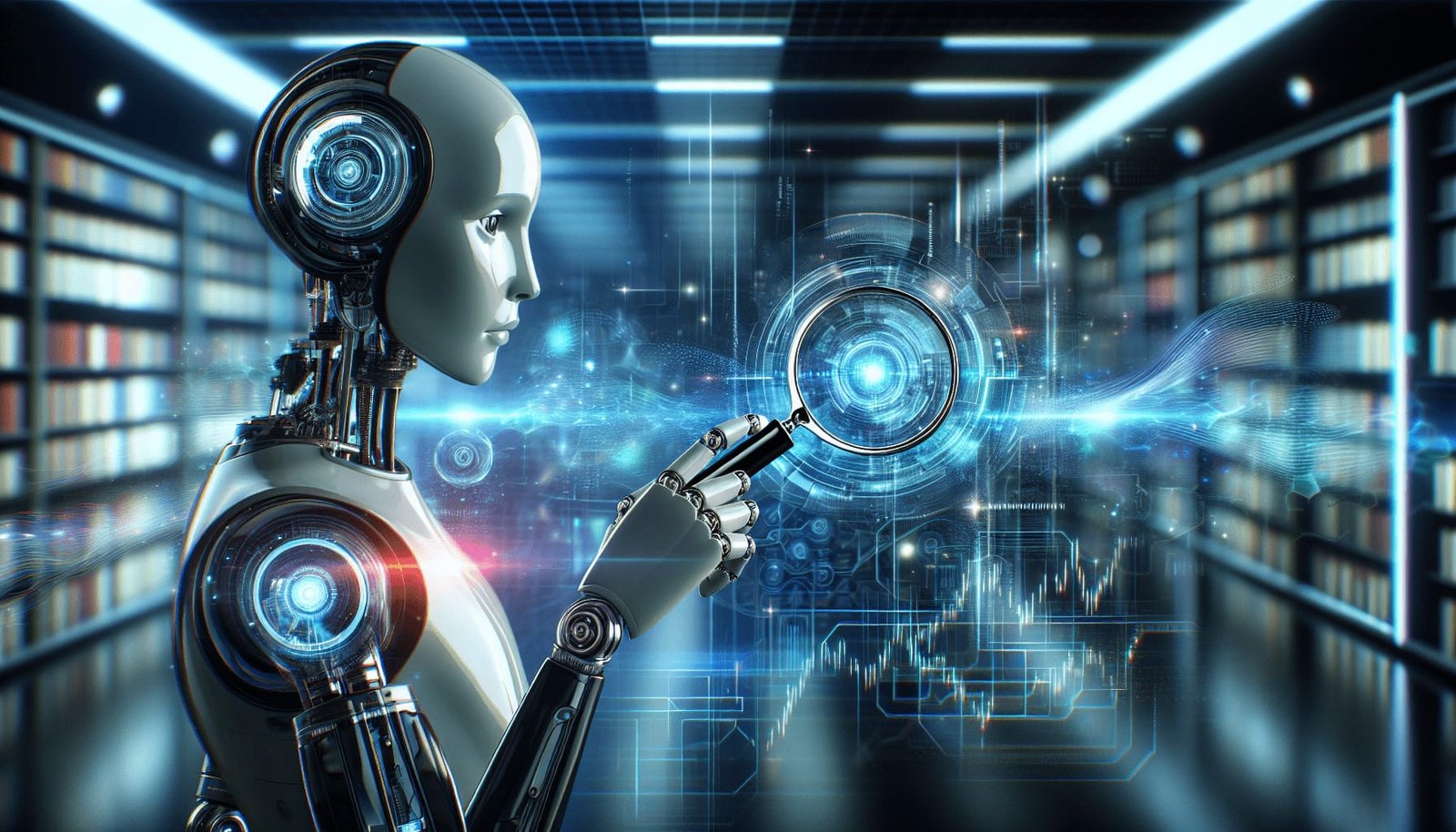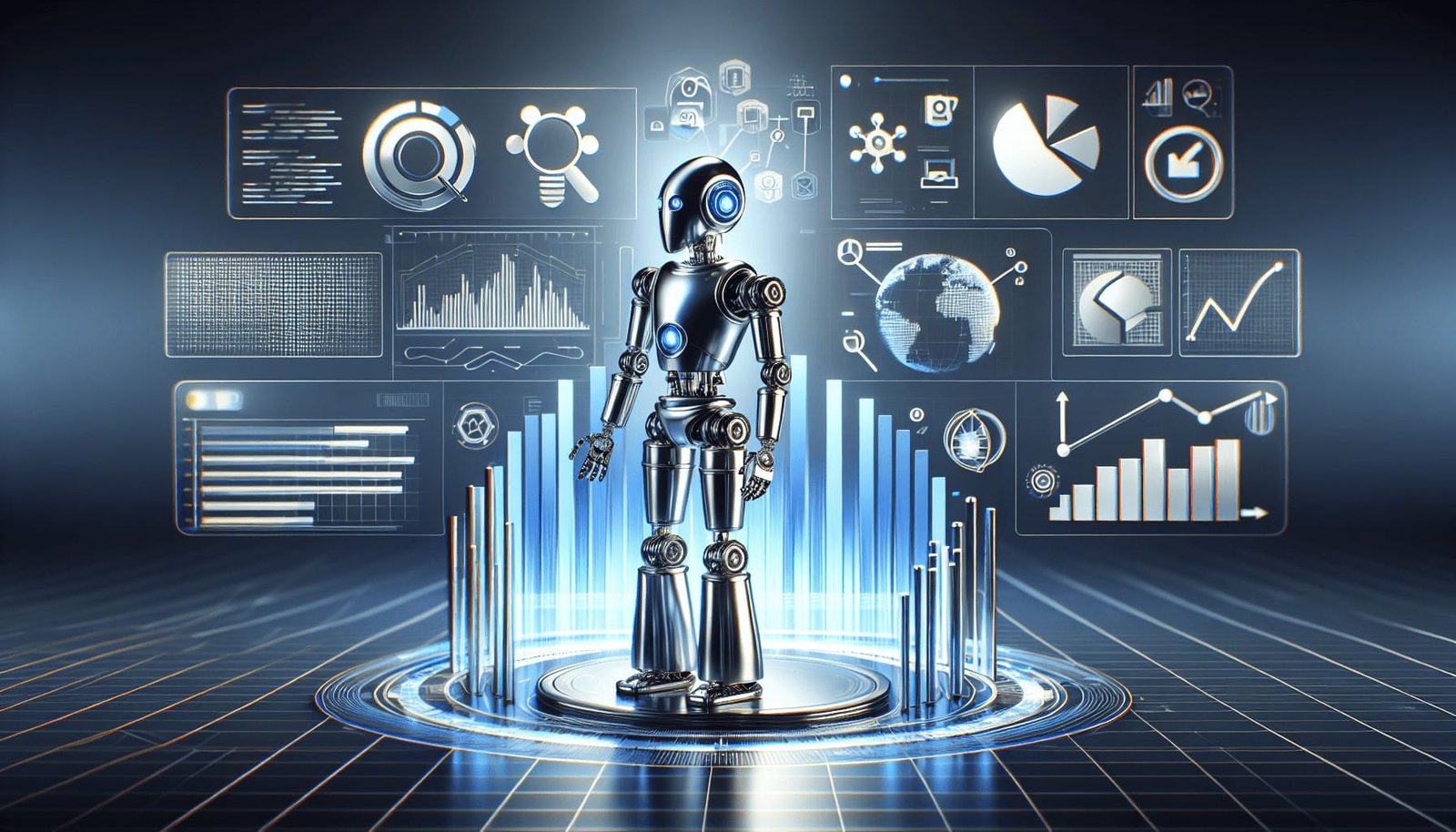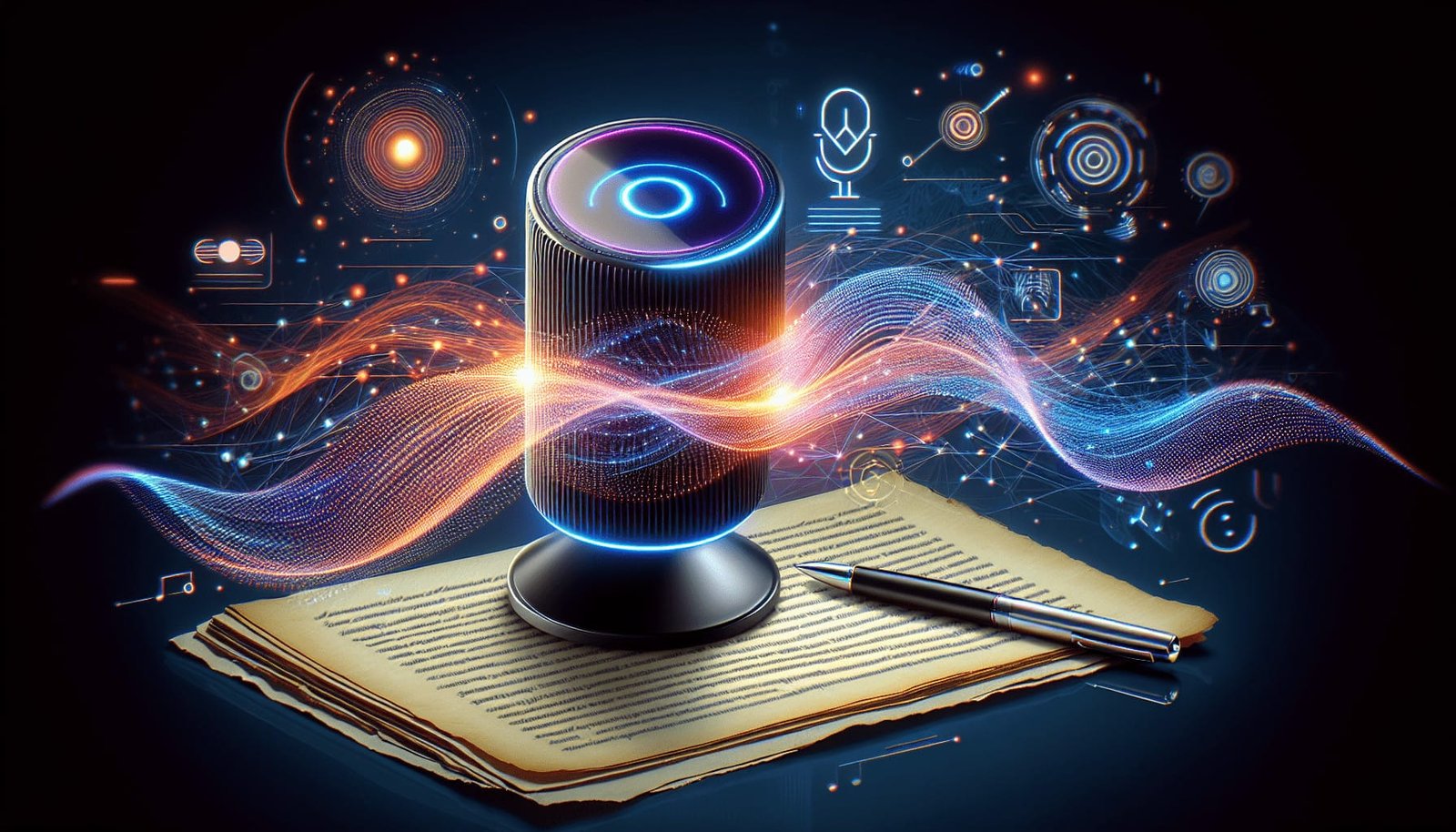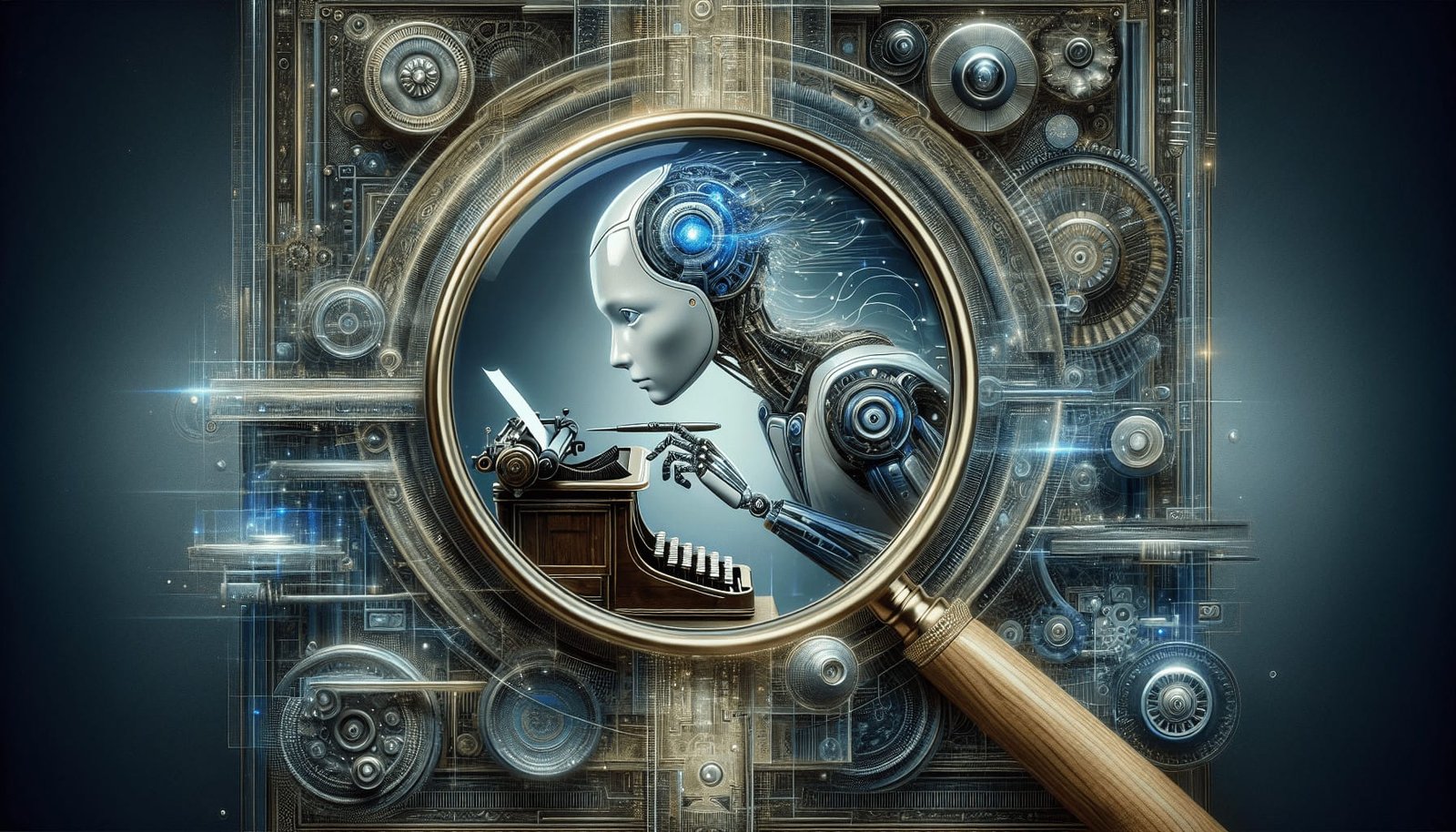Have you ever wondered how artificial intelligence is transforming the way content finds its audience? In today’s digital landscape, AI-powered content distribution channels are not just a futuristic idea; they’re reshaping how businesses and creators reach their audience. In this article, we’re going to shine a light on these game-changing technologies and explore their impact on the content landscape.

Understanding AI-Powered Content Distribution
Before we jump into specific channels and strategies, it’s important to get a grasp of what AI-powered content distribution means. At its core, this involves leveraging artificial intelligence to automate and optimize how content is distributed across various platforms. This can include personalized content delivery, predictive analytics, and even automated content placement.
What Makes AI Essential in Content Distribution?
AI transforms content distribution by making it faster, smarter, and more efficient. By analyzing data points from user interactions, AI systems can predict what content individuals are most likely to engage with, delivering tailored experiences. This personalized approach enhances audience engagement and can significantly increase conversion rates.
Key AI-Powered Content Distribution Channels
Let’s look into some of the most significant AI-powered content distribution channels that are gaining momentum:
Social Media Platforms
AI is extensively used on platforms like Facebook, Instagram, and Twitter to optimize content visibility. Algorithms analyze user behavior, interactions, and preferences to ensure the right audience sees the right content. This increases the efficiency of social media marketing efforts and ensures content is distributed to those most likely to engage with it.
Email Marketing
With AI, email marketing has evolved into a more targeted and personalized experience. AI tools evaluate past email engagement data to better understand consumer preferences. This leads to more effective email campaigns with higher open and click-through rates, as content is more tailored to individual interests.
Content Recommendation Systems
You’ve probably noticed recommendations on platforms like Netflix or YouTube. These systems use AI to analyze your viewing or browsing history to suggest content you’re likely to enjoy. For creators, this means their content is more likely to be discovered by an audience who will appreciate it, thanks to strategic placement facilitated by AI algorithms.
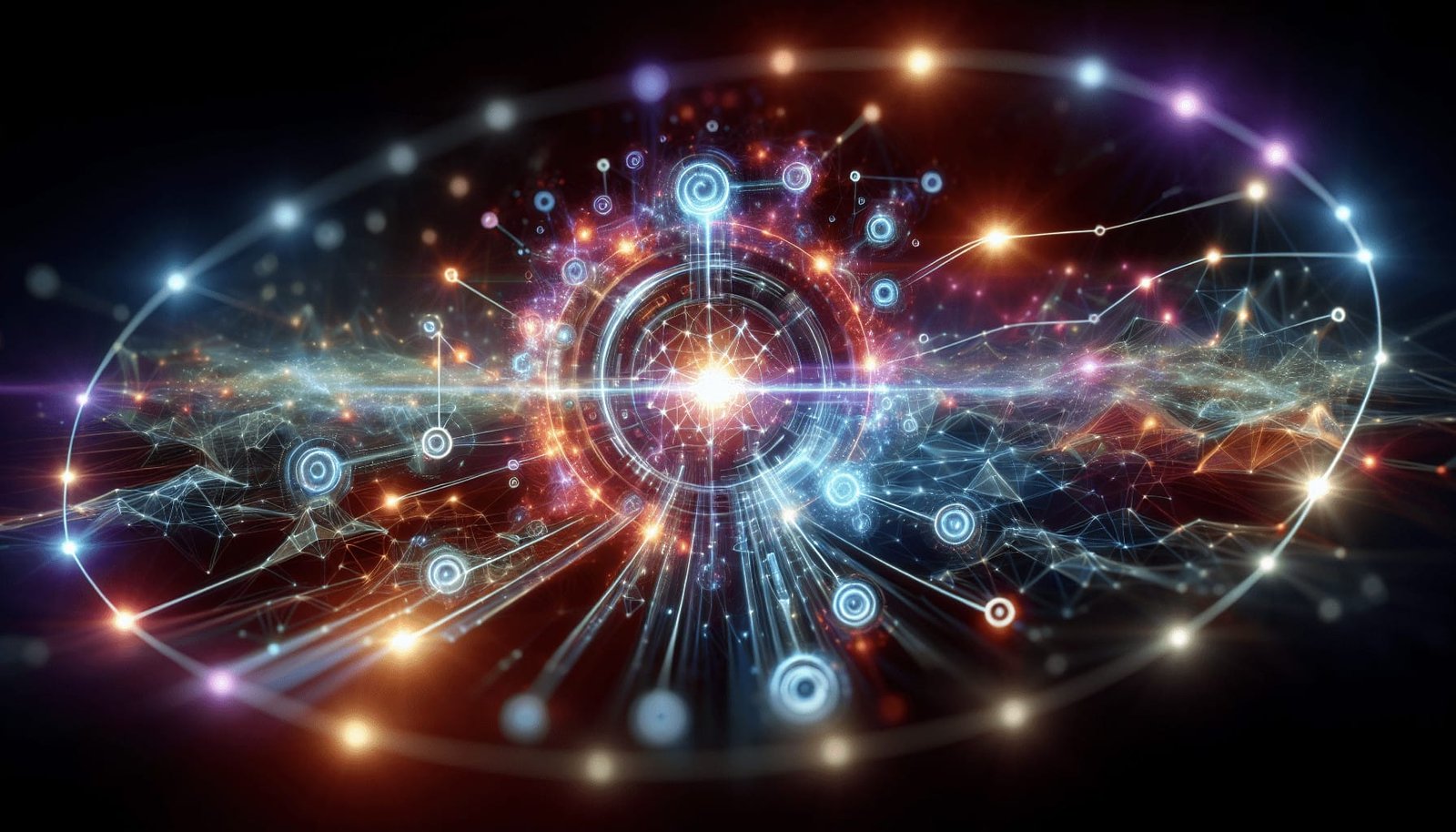
Benefits of AI-Powered Content Distribution
The integration of AI into content distribution brings several benefits:
Enhanced Personalization
AI can create hyper-targeted content, ensuring that what reaches a particular user is highly relevant to their needs and interests. This level of personalization enhances user engagement and satisfaction.
Cost and Time Efficiency
By automating many of the processes associated with content distribution, AI reduces the need for manual intervention. This can lead to significant savings in both time and costs for companies and creators.
Improved Analytics and Insights
AI tools provide in-depth analytics that help content creators understand what works and why. These insights allow for continuous improvement and refinement of content strategies, enhancing future content performance.
Challenges in AI-Powered Content Distribution
While AI presents a plethora of opportunities, it’s not without its challenges. Understanding these can help in making the most effective use of AI-powered content distribution channels.
Data Privacy Concerns
As AI systems often rely on collecting and analyzing user data to function effectively, there’s a growing concern about privacy. It’s crucial to use AI responsibly and ensure compliance with data protection regulations to maintain user trust.
Algorithm Bias
AI algorithms are only as unbiased as the data they are trained on. If the underlying data contains biases, it can lead to skewed results. Continuous monitoring and adjustment are necessary to keep the algorithms fair and balanced.
Building an Effective AI-Powered Content Strategy
Crafting a successful content strategy using AI involves several key steps:
Keyword Research and SEO Optimization
AI tools can significantly enhance keyword research by analyzing search patterns and predicting future trends. This enables content creators to craft pieces that are more likely to rank highly on search engines.
Automation and Content Scheduling
AI enables the automation of content scheduling, ensuring content is published at the optimal times for maximum reach and engagement. This ensures consistency across channels without overwhelming manual workloads.
Content Performance Tracking
AI can enhance performance tracking by providing deeper insights into how content is performing across different platforms. This data is crucial in refining content strategies to better meet audience needs.
The Future of AI in Content Distribution
Looking ahead, the role of AI in content distribution will only expand. As technologies advance, we can expect even more sophisticated ways of reaching and engaging with audiences. Innovations in machine learning, natural language processing, and data analytics will continue to refine and improve content distribution strategies.
Conclusion
AI-powered content distribution channels represent a significant shift in how content reaches audiences. With enhanced personalization, efficiency, and insights, AI offers vast potential for content creators looking to engage with their audiences more effectively. As we advance into the future, embracing these technologies responsibly will be key to unlocking their full potential.
By understanding and leveraging AI-powered content distribution, you can enhance your reach and ensure your content finds the right audience at the right time.
